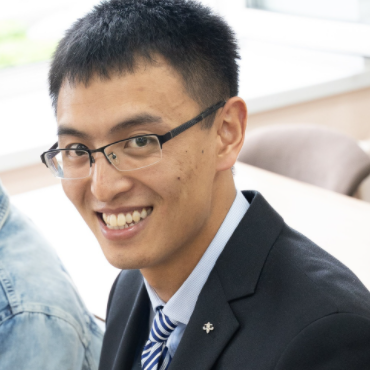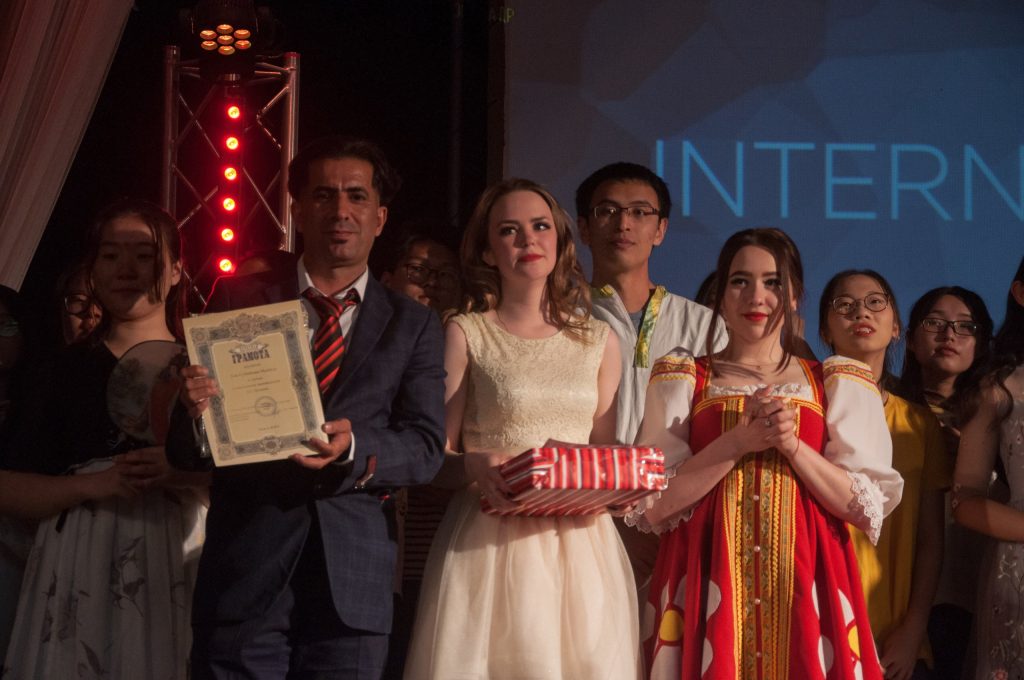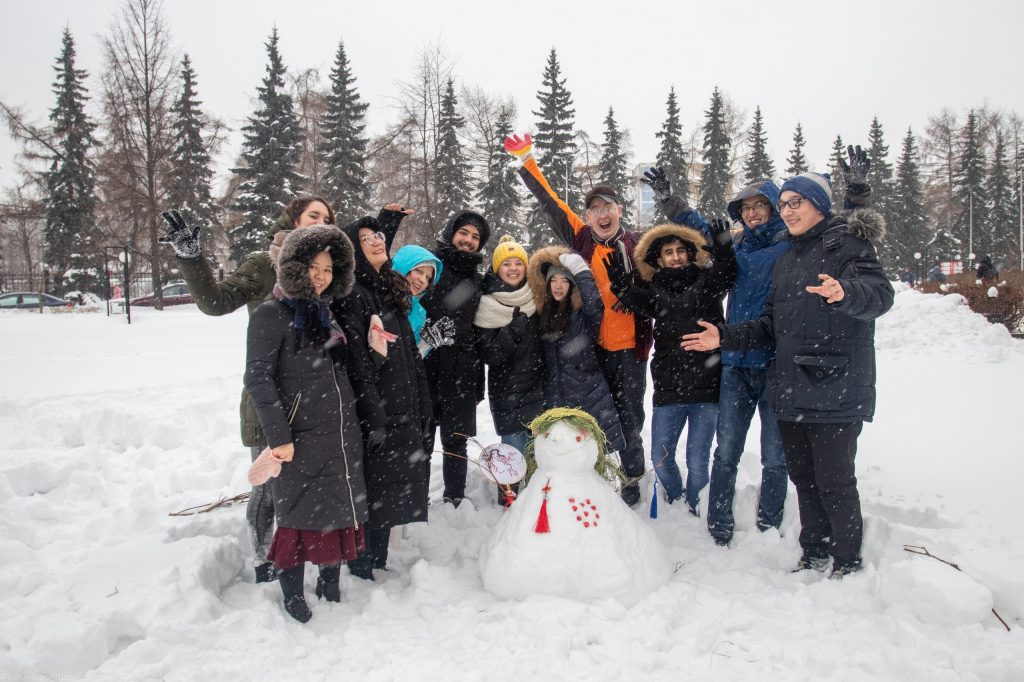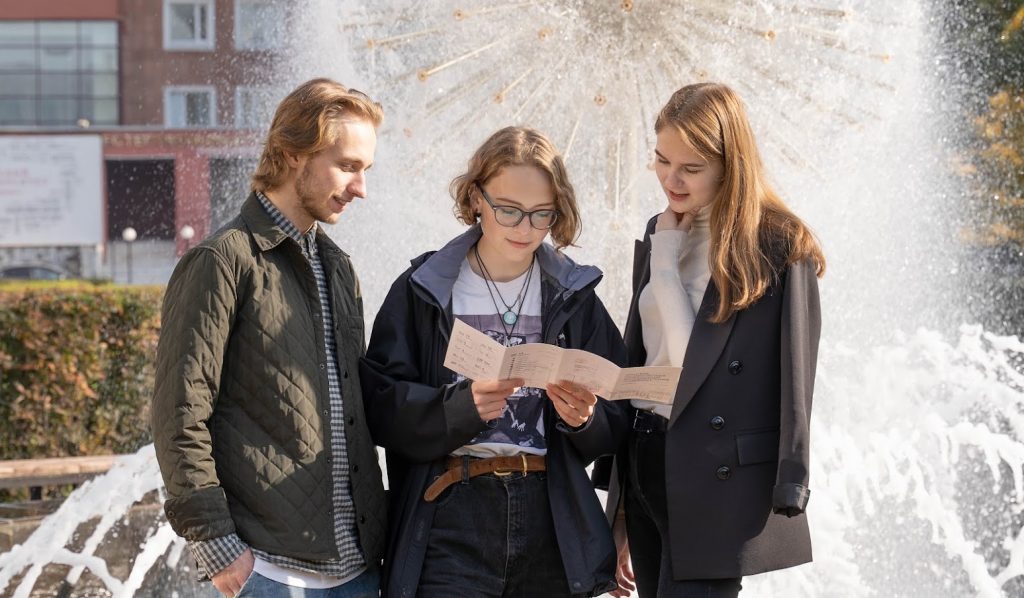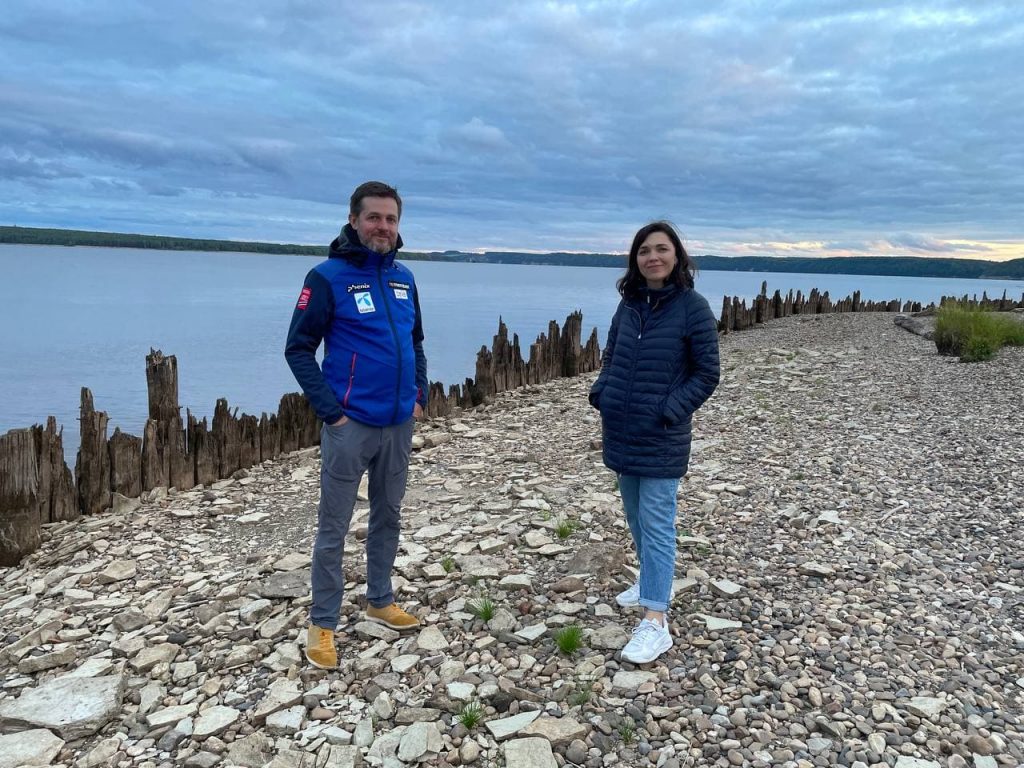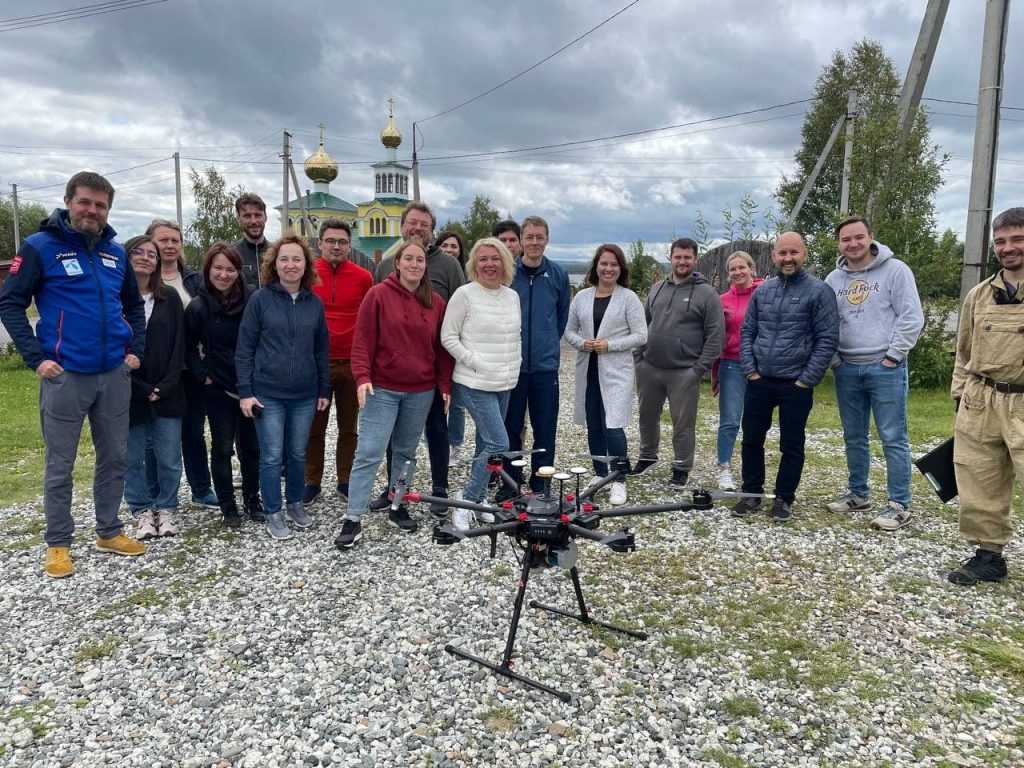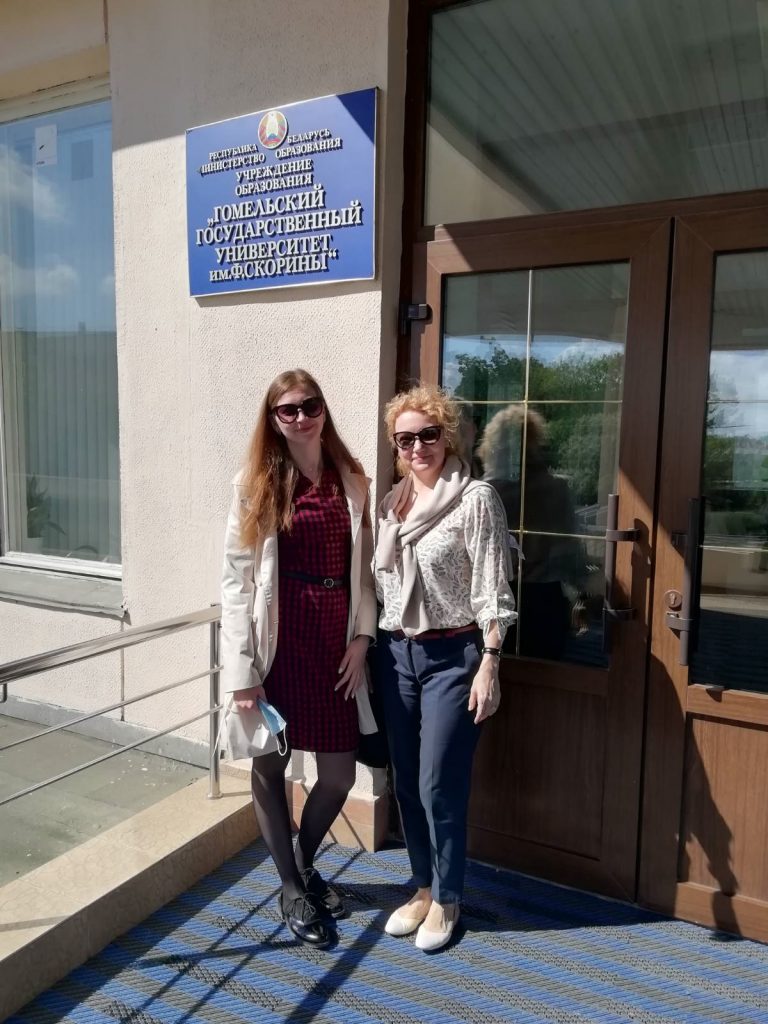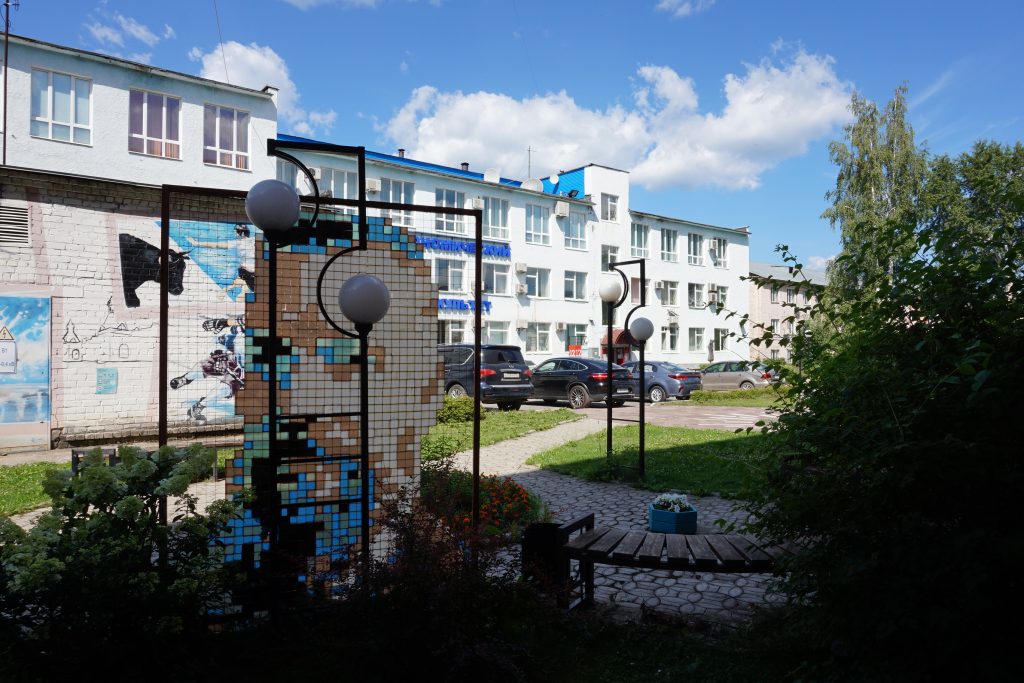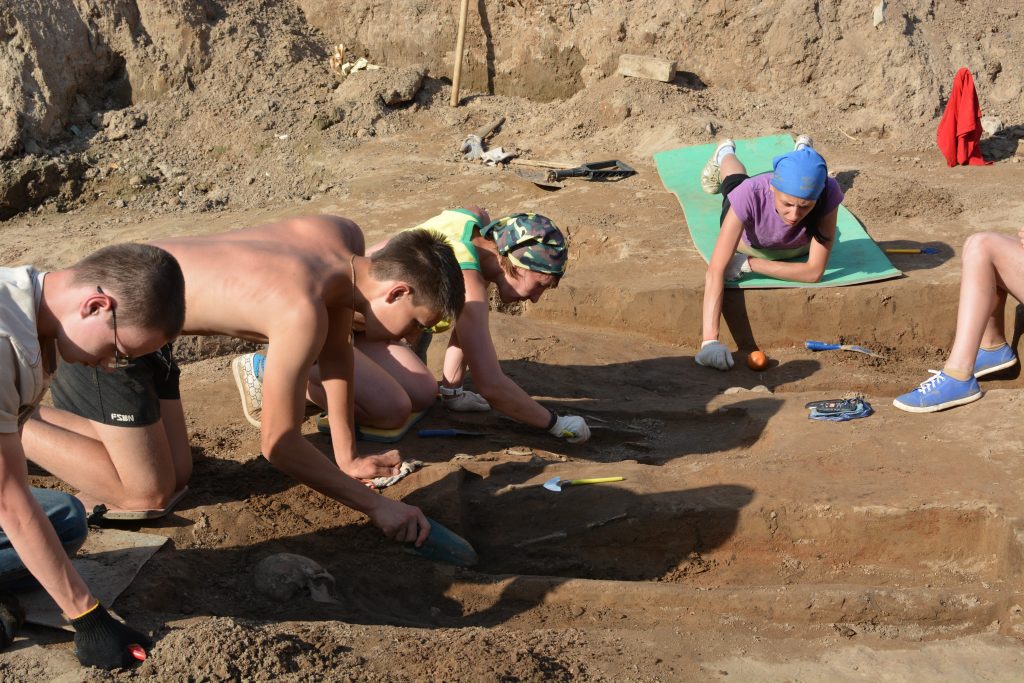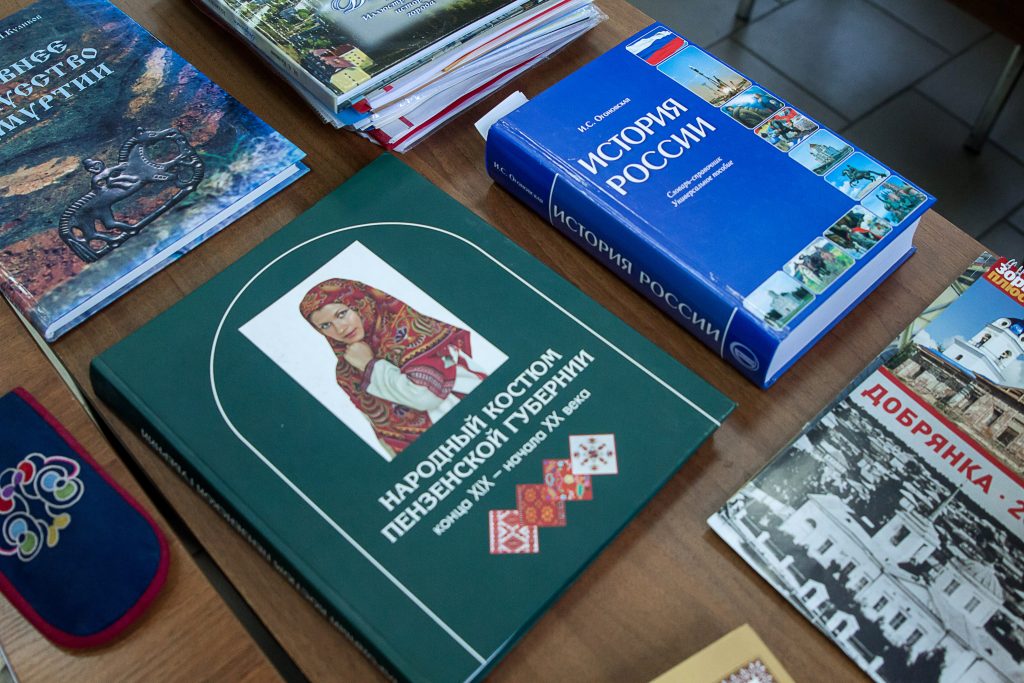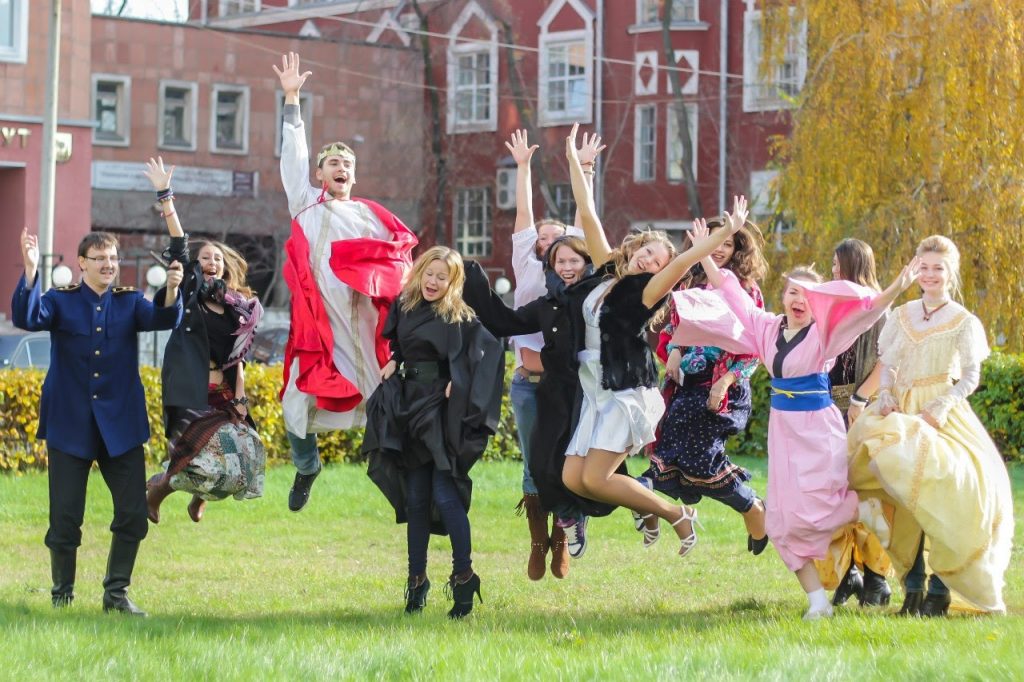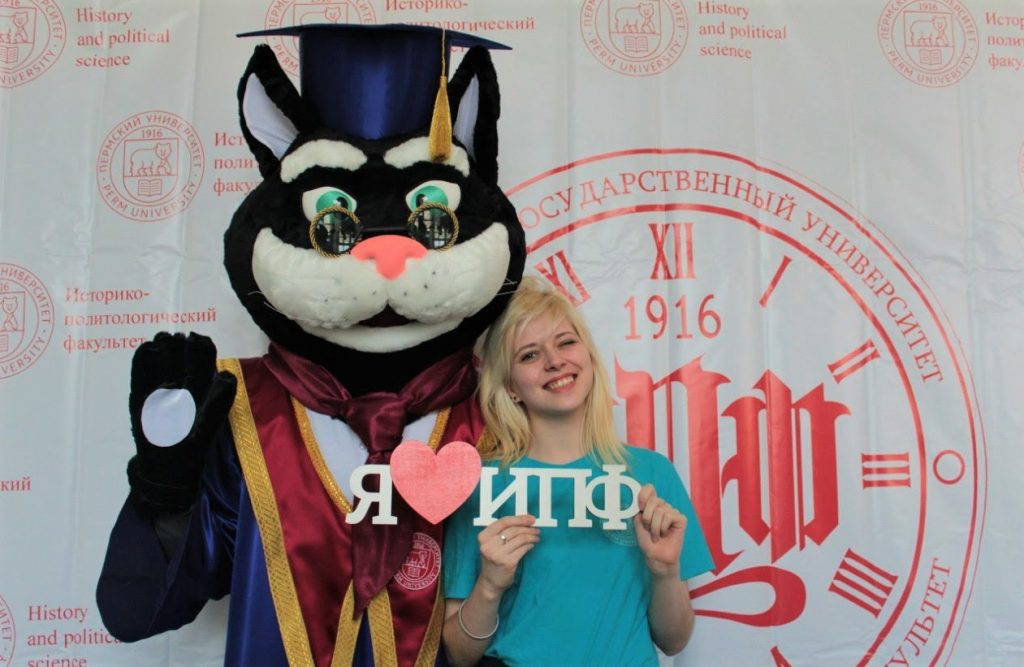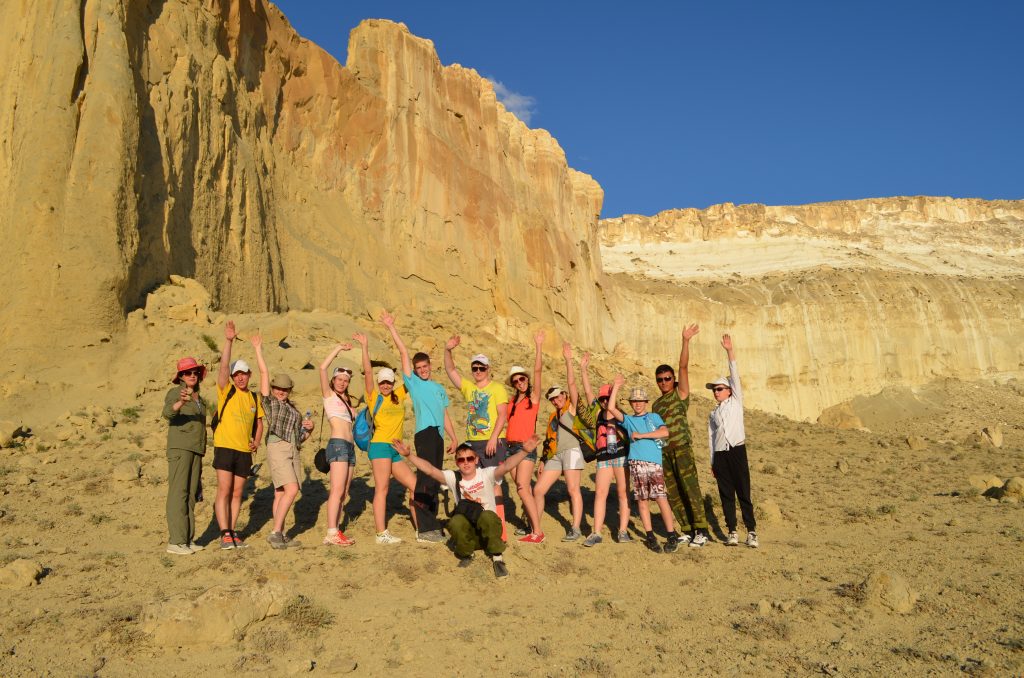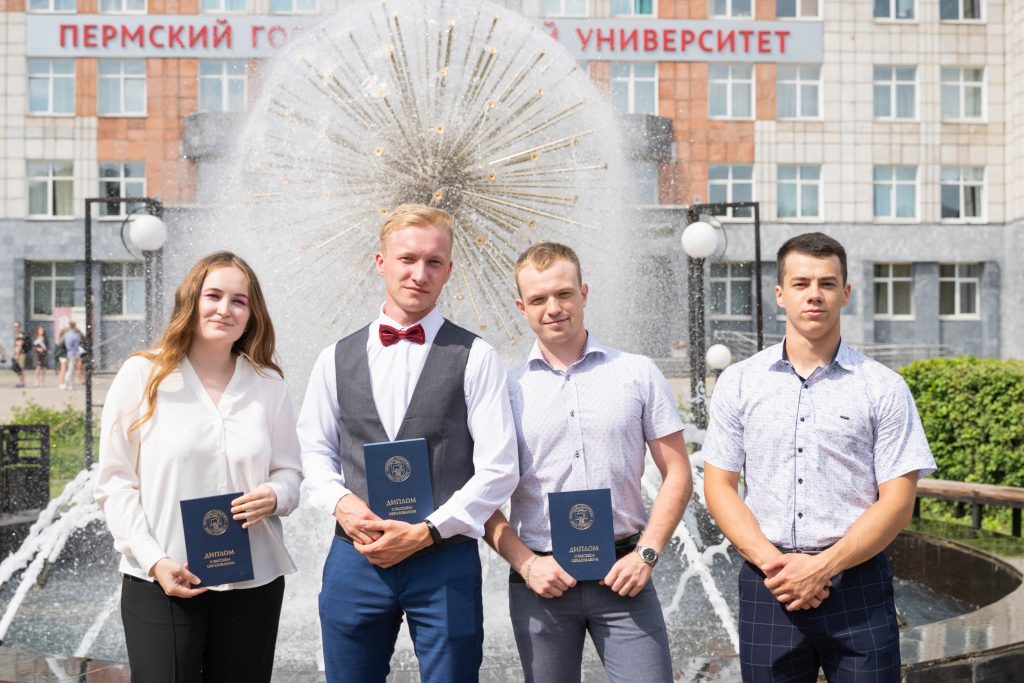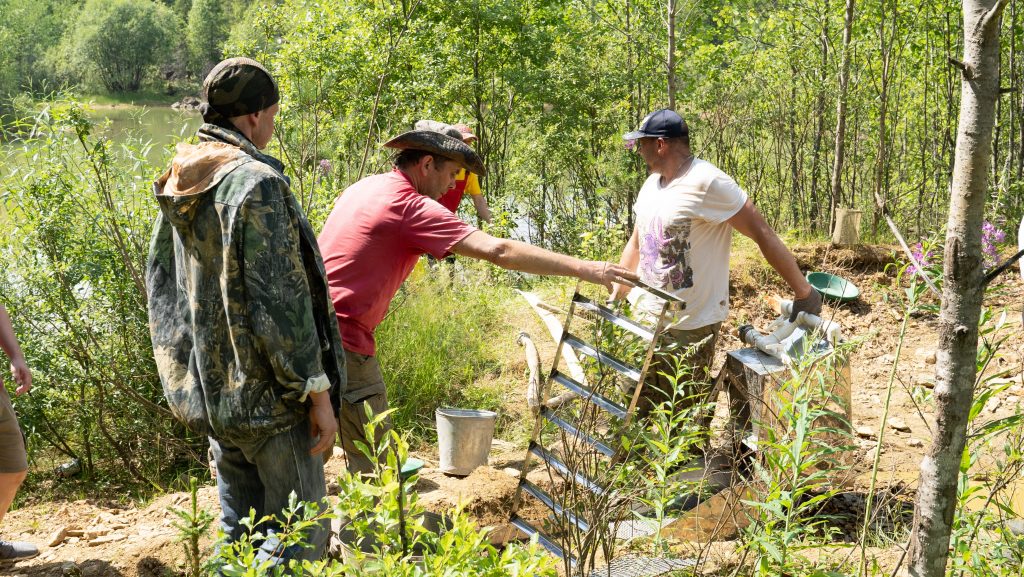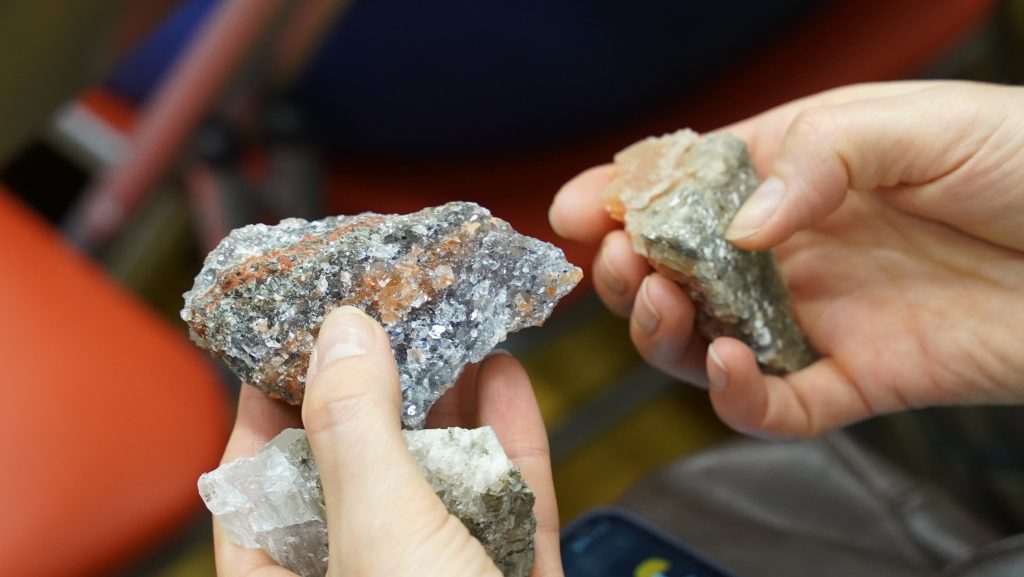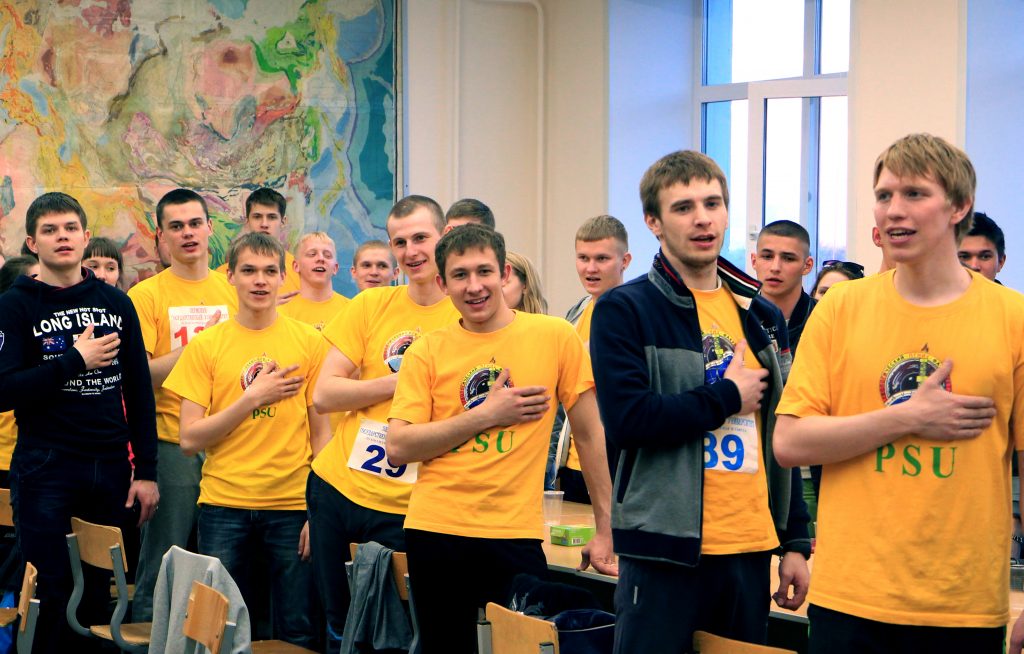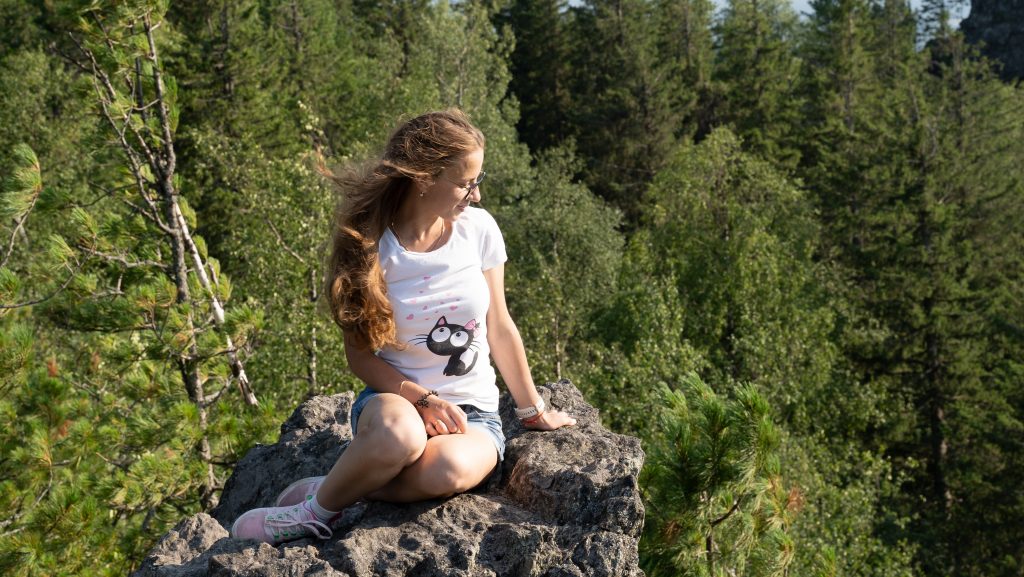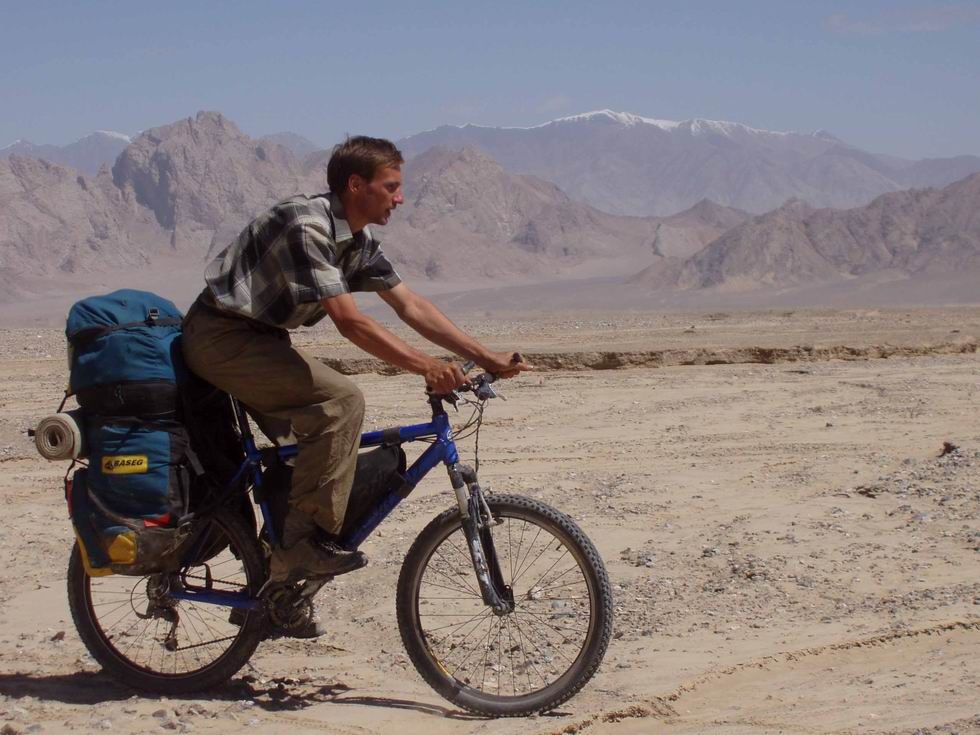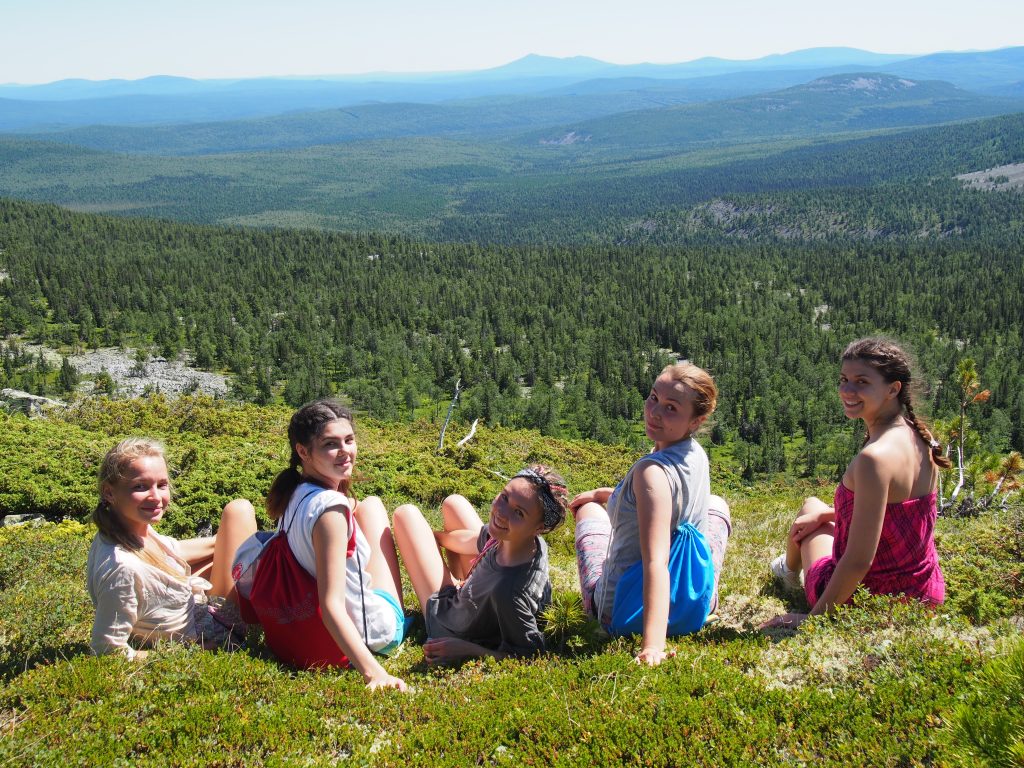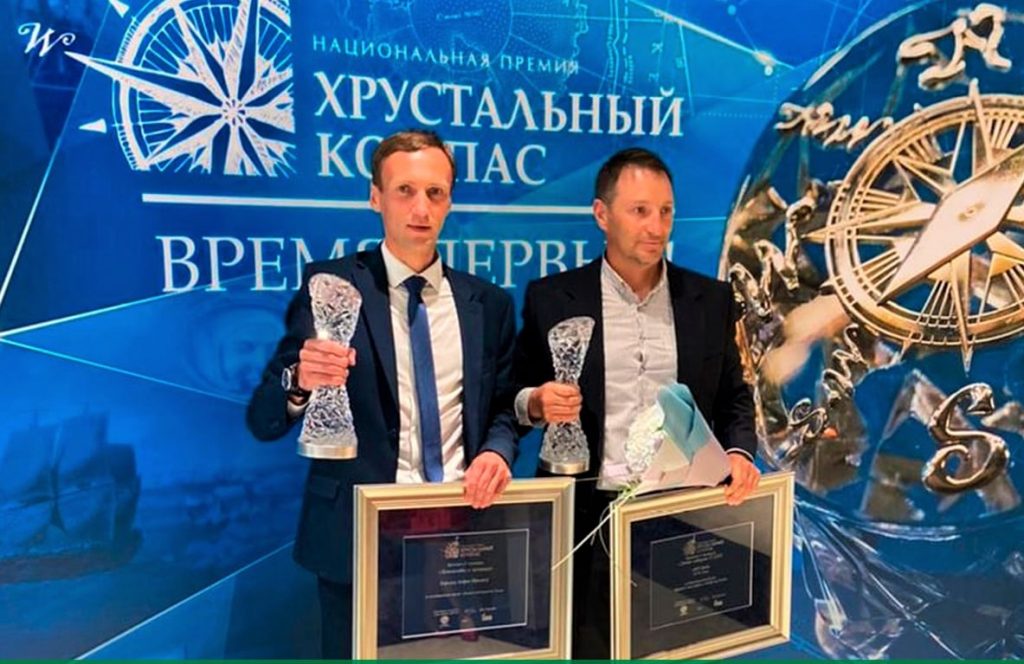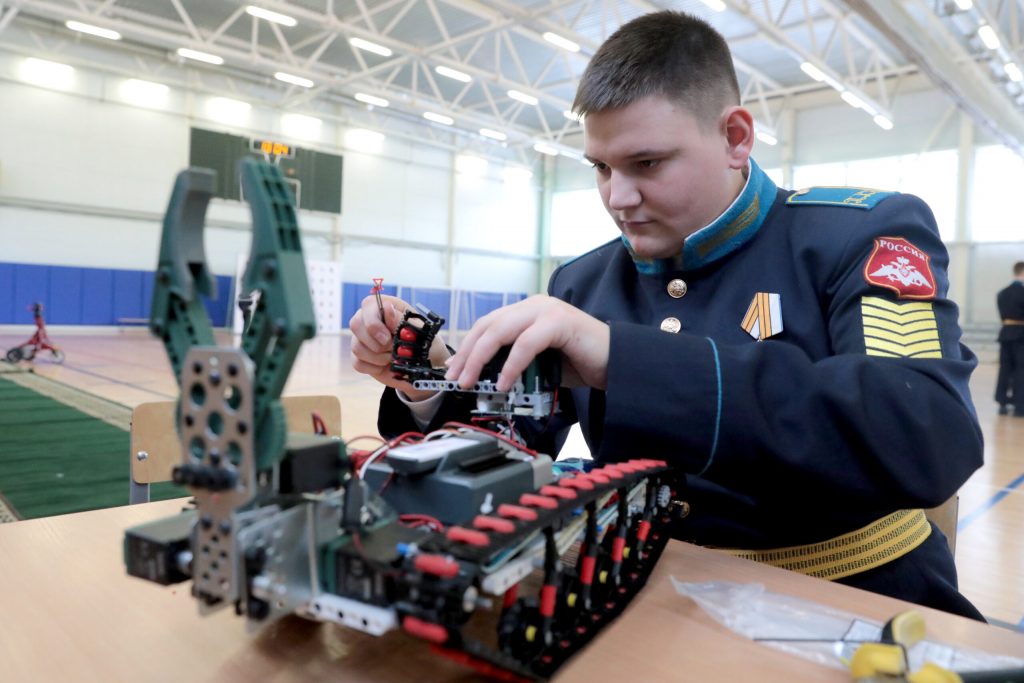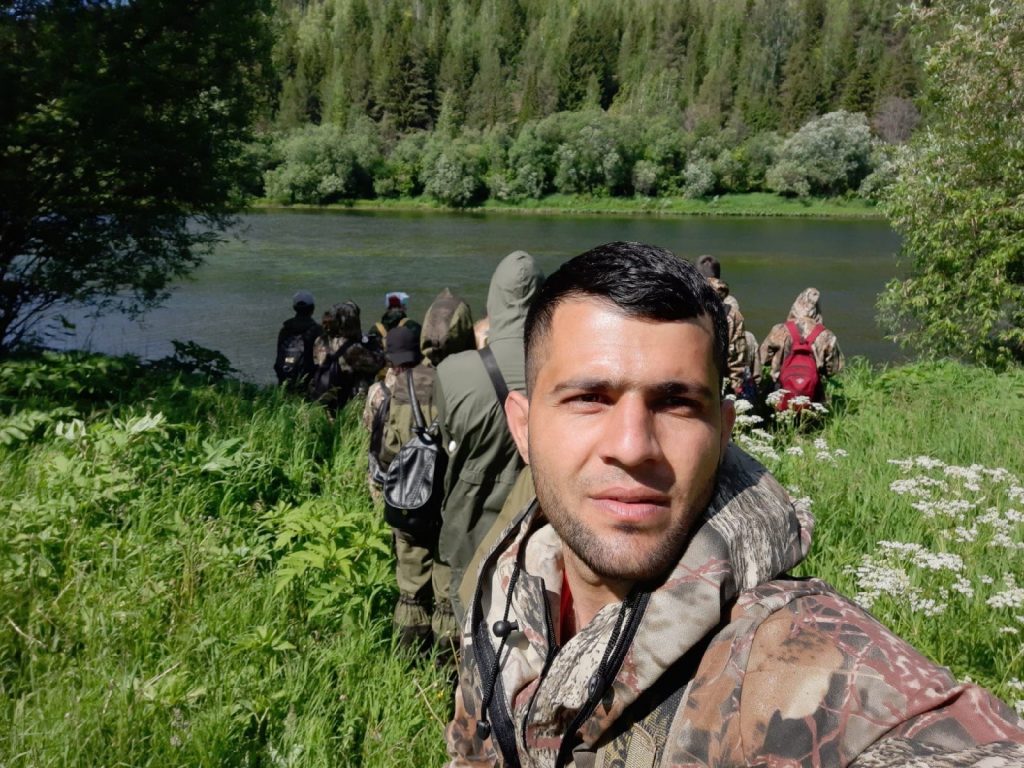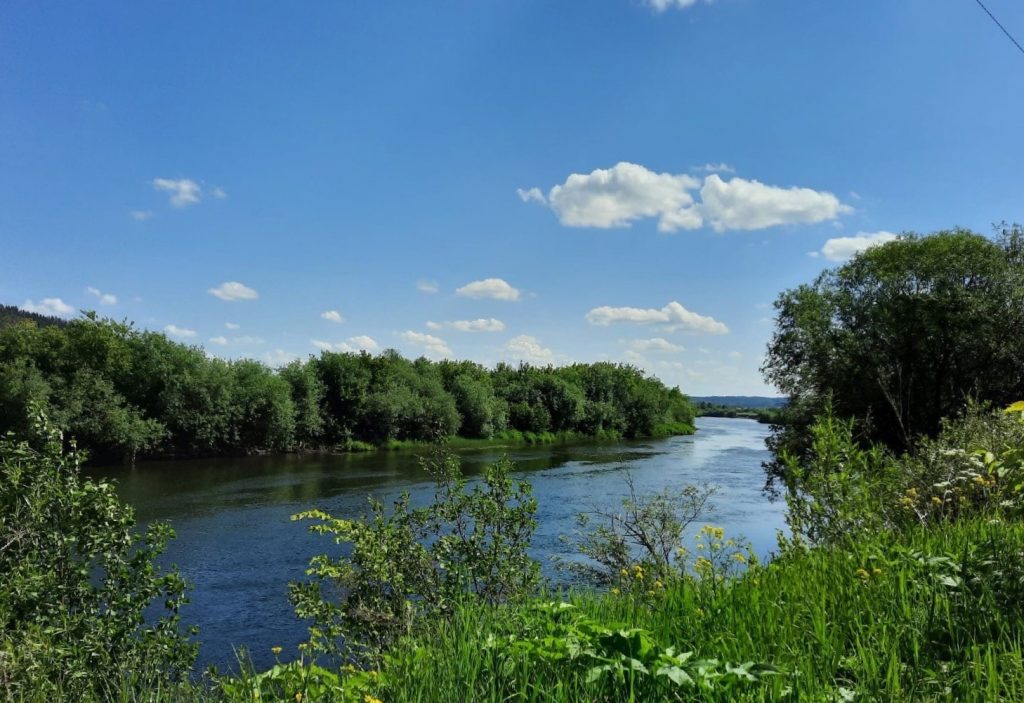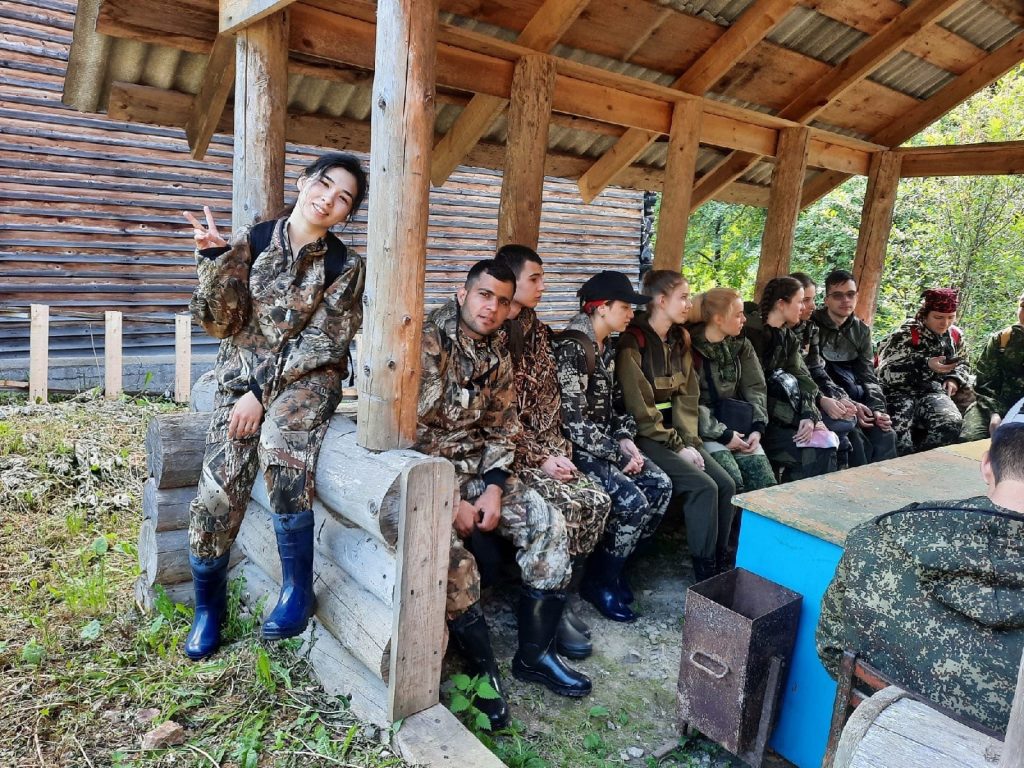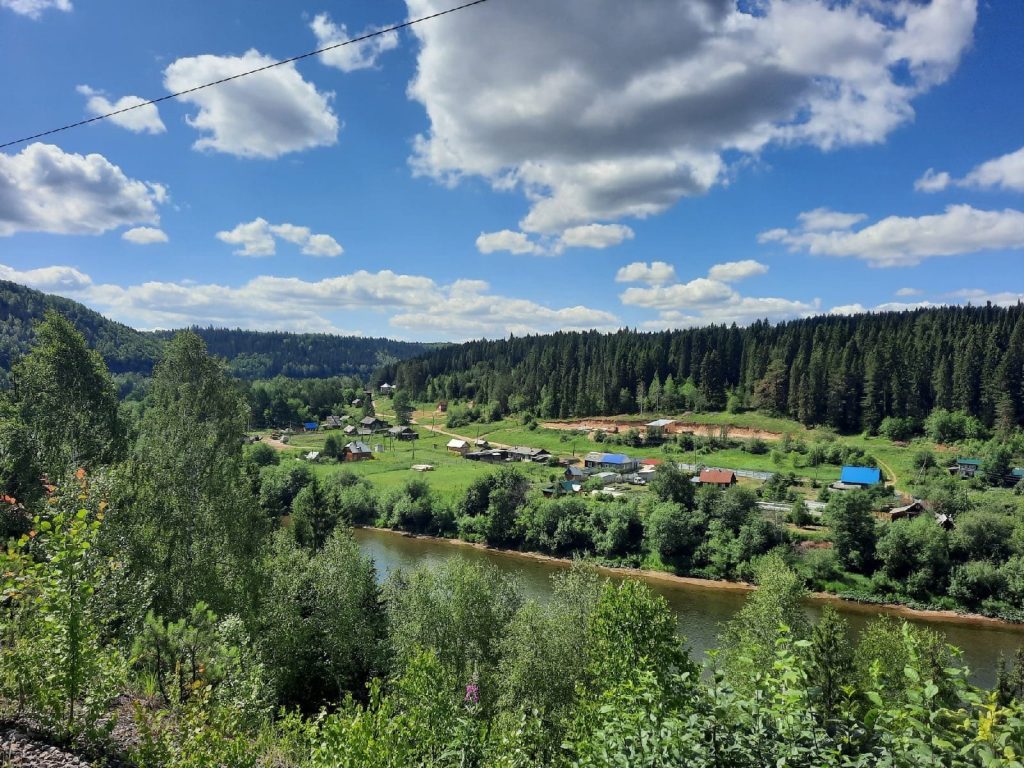The fast progress of hi-tech and introduction of robots into society is no longer a wonder. Will peaceful technologies turn against us? Shall war conflicts result in less victims? How will combat robots affect the future of humanity?
The Science and Life of Israel has published an article “Combat Robots of the Terrestrial Civilization”, co-authored by an Israeli academician and a Russian professor from Perm State University (PSU).
Based on the analysis of various Internet sources, the most ambitious projects for the use of combat robots by USA, China, Israel, Russia and some European countries are described. The researchers then propose a methodology for calculating the attention to combat robotics by different states. The article ends up with assumptions about the influence of combat robots on the future mankind.
The article has been published by O. L. Figovsky, Doctor of Technical Sciences, Academician of EAS, RIA and RAASN, President of the Association of Israel Inventors, Head of the Department of Science, Technology and Education of the Alliance of the Nations of the World (Israel), and O.G. Pensky – Doctor of Technical Sciences, Professor, Perm State University (Russia).
In researchers’ view, the list of open information on combat robots by leading military states manifests the amount of money spent on such publications, resulting in media competition and demonstration of soft power, as well – acquiring to strategic defense tasks.
Not only do we call robots those automatic devices who partially or completely replace humans in their ‘usual’ habitat, but also aerial and aquatic environment (think aircraft drones or underwater vessels) – naturally reducing the amount of human victims within a wider range of war conflicts.
Most modern combat robots, being a means of communication, require operators’ presence. Consequently, the progress in robotics, be it peaceful or military machines, is impossible without upgrade of human intelligence – like programming, collecting and interpreting data, performing tactical tasks, and carrying the responsibility for the decision, overall.
In 2015, the Pentagon unveiled its vision of future military conflicts. According to that survey, as modern cities tend to grow rapidly, so that in the next couple of decades, most of the world’s population will live in urban areas. This means that military conflicts will likely escalate within cities, with potential threat coming from all sides. Robots will play a prominent role in such conflicts; their introduction is believed to avoid losses of human personnel.
Regardless the advantages of hi-tech, the dependence of machinery on electric power significantly limits such use. ‘Old school’ robots usually use batteries, while modern ones are ‘fed’ on solar energy or chemical compounds, naturally extracted. According to military developers, biohybrid robots will come to replace the mechanical ones through growing organic muscle tissue in the labs.
“Electrical impulses or chemical action may act as sources of power. The main advantage of artificial muscles and tendons is their flexibility, as they can bend, stretch and lengthen, the researchers state. – A perfect example is animals covering the rough terrain, overcoming unexpected obstacles, reacting to them almost instantly. A tracked or wheeled robot does not have such capabilities. “
The first examples of integrating muscle and hardware are e-glasses for service dogs to command them remotely. A visual indicator projected in through the lens will show the dogs where they need to go. The dog instructor will detect objects on the animal track, using the built-in camera. In March 2021, the US Army signed a ten-year contract with Microsoft for $ 21.88 billion to supply the IVAS AR headset for training instructors and animals.
The Russian Defense Ministry also intends to expand the range of robotic systems – presumably, heavy robots for mine clearance, radiation and chemical reconnaissance, including on – and underwater robots. Along with the US and China, Russia will attempt to navigate strategic drones using space communications. Germany, France and Spain intend to jointly develop a Future Combat Air System, including unmanned aerial vehicles launched from aircraft. The Israel Defense Forces are already using artificial intelligence and supercomputers to combat the Palestinian movement Hamas in the Gaza Strip – like combat robot patrols, equipped with a routing system and satellite GPS, remotely controlled.
“A revolution is taking place in military technology of today, the third one after the invention of gunpowder and nuclear weapons,” the researchers admit. A major breakthrough in military robotics is expected between 2030 and 2040, starting a new arms race between the United States, China and Russia, also to mention Israel who has been actively using robots during the recent conflict in the Gaza strip.
The above descriptions of the combat robots by leading world powers still lead us to a conclusion that the military robotization is aimed at solving strategic defense tasks, primarily. The exception is Israel, where combat robots are created to solve tactical war tasks, making it the leading country in creation of tactical robot technology, so far.
Taking into consideration the nuclear threat, the researchers recall the words of Isaac Asimov, a famous sci-fi novelist and futurologist, stating that history has reached a point where humanity can no longer afford mutual hostility. Yes, we can not make all humans love each other, yet eliminating hatred is an attainable task.
News source – “Combat Robots of the Terrestrial Civilization”.
Photo by: Sergei Konkov/TASS/Scanpix (source).
